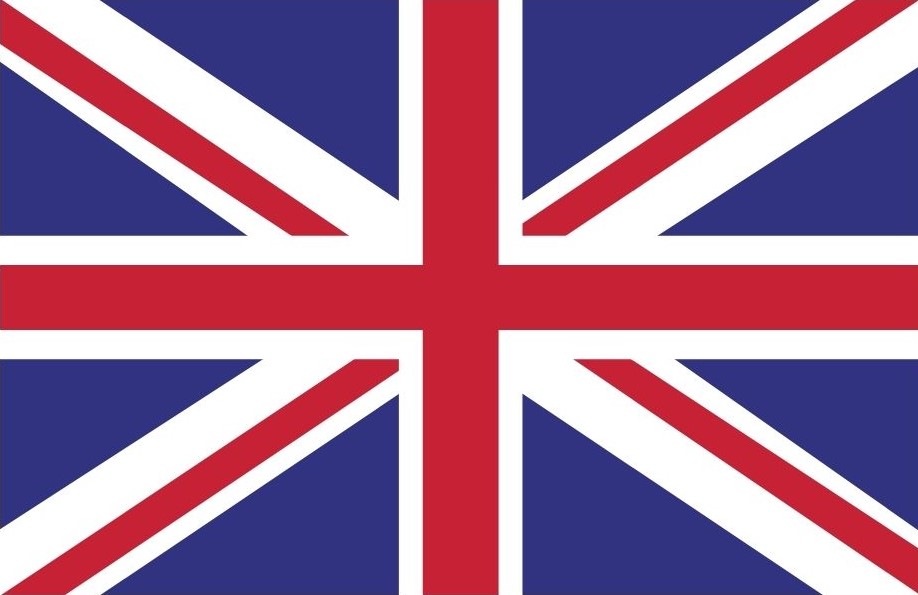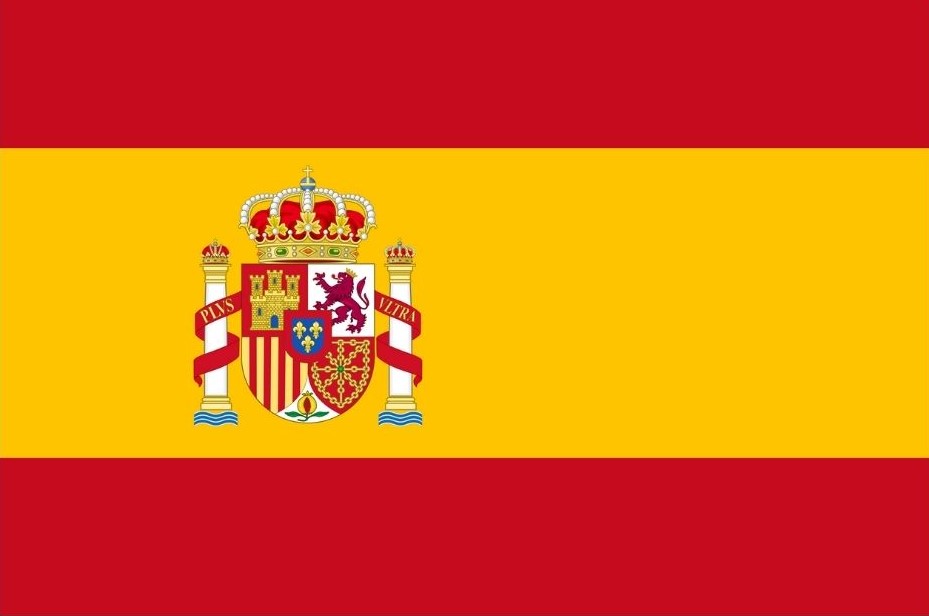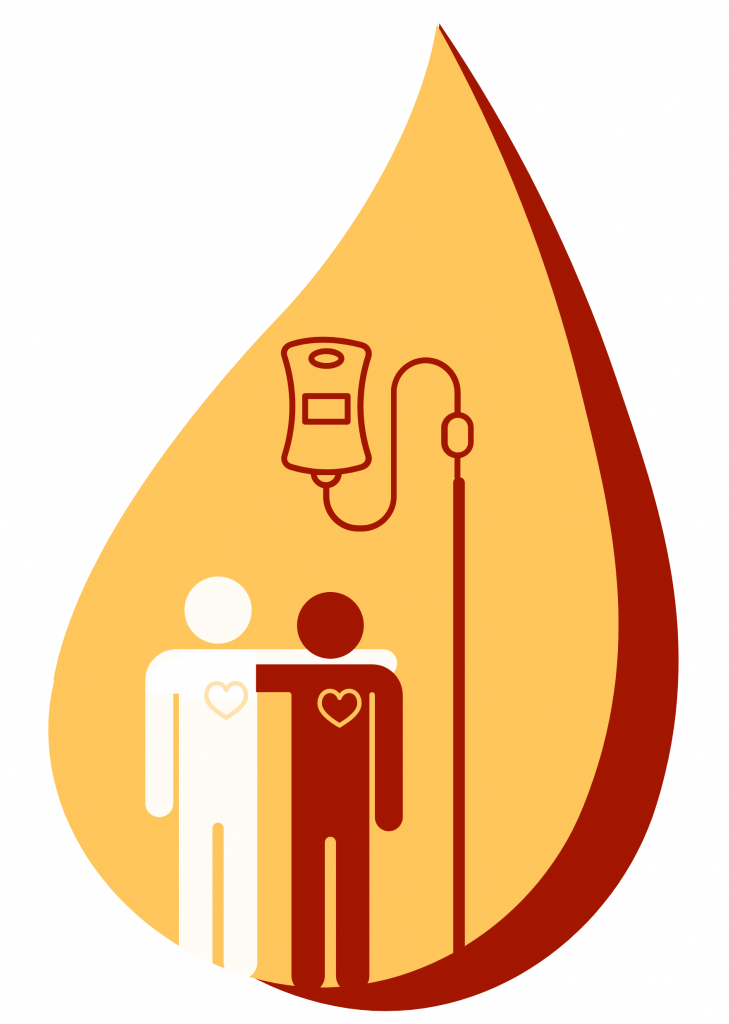Policies Around the World
Policies Around the World
Blood and Plasma Donation Policies
Many of the men we interviewed asked about how Canada stacks up against other countries in terms of rules for blood and plasma donation. Canada’s policies have progressively changed more or less in line with other G7 countries with the exception of Italy (which has a very different type of screening system that makes it difficult to compare). Since 2020, there has been a lot of progress on these policies around the world. The following gives you a sense of the strategies used. It’s important to consider that we can’t always directly compare our policies to those in other countries. Each country has different laws, cultural norms, and populations who are considered to be at high risk of blood-borne infections. These differences require a country-specific screening approach to maintain the adequacy and safety of the blood supply.


United Kingdom: As of June 2021, based on the findings of a large, organized national effort, the UK moved to a sexual behaviour-based screening method for all donors (not just MSM). Everyone is now asked if they have had more than one sexual partner in the last three months and had anal sex with at least one of those partners. Everyone is also asked if they have had anal sex in the last three months with a new sexual partner. Lastly, everyone is asked to wait three months if they have taken PrEP or PEP. (source)

USA: On August 7, 2023, American Red Cross Blood Services implemented FDA guidance, updating blood and plasma donation policies to align with Canadian Blood Services’ policy. All donors, regardless of gender or sexual orientation, are asked if they have had sex with a new partner or multiple partners in the past 3 months. If the answer is yes to either of those questions, they will be asked if they had anal sex in the past 3 months. If the answer to this follow-up question is no, they will be able to donate. (source 1, source 2)

Israel: As of August, 2021, all donors (regardless of gender identity or sexual orientation) are asked if they have had anal sex or sex while under the influence of drugs with a new parter or multiple partners in the last 3 months. Instead of being ineligible, those who have had anal sex or sex under the influence with new or multiple partners are only allowed to donate under a frozen plasma program where plasma is donated and frozen until the person returns to make a follow-up donation 3 months later, at which point the first donation is released. (source)


Spain: Individualized, gender-neutral risk assessments have been used since 2000. Those who have multiple partners or occasional partners are not allowed to donate for twelve months. (source)

Netherlands: In 2019, the period during which a man could not donate was reduced from twelve months to four months after sex with another man. Then, in September of 2021, their policy was changed to allow men in a monogamous relationship for at least twelve months to donate blood. Now, as of January 2024, the Netherlands has moved to gender-neutral screening. Anyone who has had anal sex with a new partner (or someone with whom a previous relationship ended and then resumed) or who has had sex with multiple partners and anal sex with at least one of them is unable to donate blood for 4 months from sexual contact (source 1, source 2)

